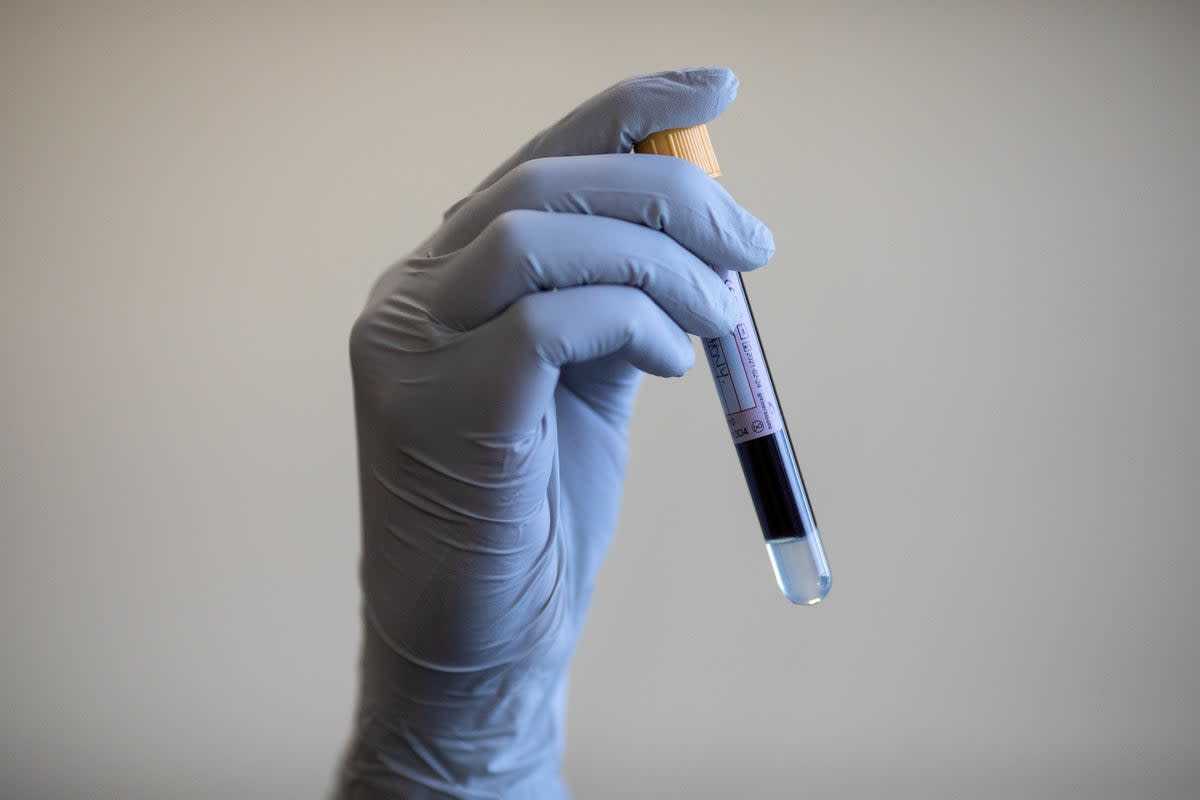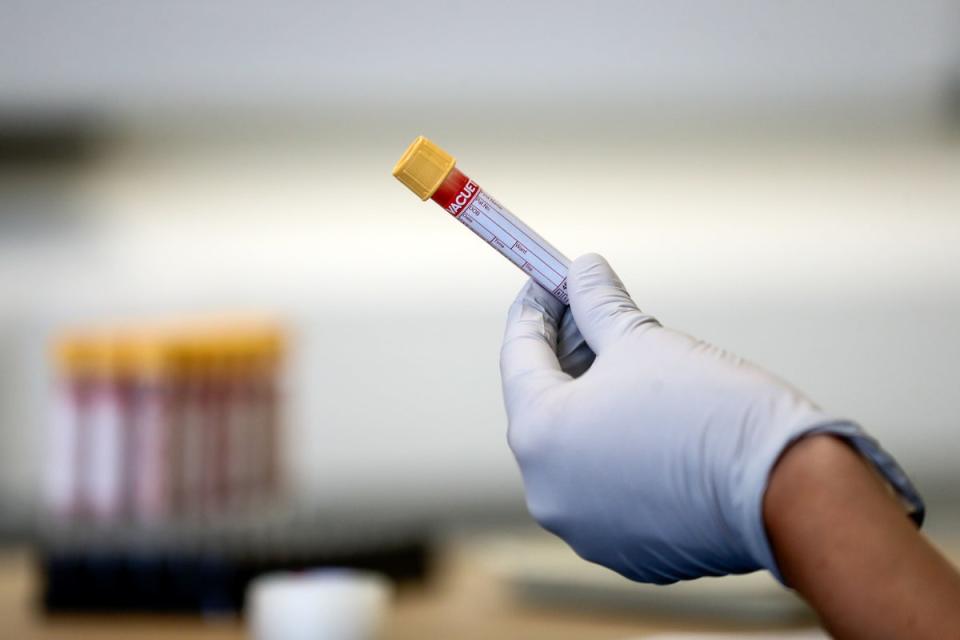Warning signs in blood could be used to predict cancer seven years earlier, scientists find

Warning signs in the blood could predict cancer up to seven years before diagnosis and give hope for new preventative drugs, studies have found.
Scientists have discovered proteins in the blood which are linked to the development of dozens of different types of cancer, including the biggest killers such as breast and lung cancer.
Two studies by the University of Oxford, funded by Cancer Research UK, analysed proteins in the blood samples of tens of thousands of people and looked at genetic data for hundreds of thousands of cancer cases. These included blood samples taken from people seven years before they received a cancer diagnosis.
Dr Karl Smith-Byrne, senior molecular epidemiologist at Oxford Population Health and an author in both studies, said: “This research brings us closer to being able to prevent cancer with targeted drugs – once thought impossible but now much more attainable.”

Researchers indicated the results provide insight into how cancer starts and grows, but said further research would be needed to find out the exact role the proteins play and what tests could be developed to detect them.
In the first study blood samples from more than 44,000 people were analysed, including 4,900 who subsequently had a cancer diagnosis. In the second study scientists looked at data from 300,000 people with cancer to look at which proteins were linked to the development of the disease, and could be targeted by specific treatments.
Researchers believe some of the proteins found could be used to detect cancer much earlier than is currently possible and could be used to develop earlier-stage treatments or even prevent the disease altogether.
Cancers linked to the proteins found included breast, lung, ovary, bladder and skin cancer.
Dr Joshua Atkins, senior genomic epidemiologist at Oxford Population Health and joint first author of the first study, said: “The genes we are born with, and the proteins made from them, are hugely influential in how cancer starts and grows. Thanks to the thousands of people who gave blood samples to UK BioBank, we are building a much more comprehensive picture of how genes influence cancer development over many years.”
In the first study, the team of researchers compared the proteins of those who did go on to have cancer and those who didn’t to find any differences between them to identify which ones might be linked to cancer.
The second study, which looked at genetic data for more than 300,000 cases of cancer, found 40 proteins in the blood that were linked to nine different cancers.
Professor Ruth Travis, senior molecular epidemiologist at Oxford Population Health and a senior author of both studies, said: "To be able to prevent cancer, we need to understand the factors driving the earliest stages of its development. These studies are important because they provide many new clues about the causes and biology of multiple cancers, including insights into what’s happening years before a cancer is diagnosed.
“We now have technology that can look at thousands of proteins across thousands of cancer cases, identifying which proteins have a role in the development of specific cancers, and which might have effects that are common to multiple cancer types."
Executive director of research and innovation at Cancer Research UK, Dr Iain Foulkes, said: “Preventing cancer means looking out for the earliest warning signs of the disease. That means intensive, painstaking research to find the molecular signals we should pay closest attention to.
“Discoveries from this research are the crucial first step towards offering preventative therapies which is the ultimate route for giving people longer, better lives, free from the fear of cancer.”

